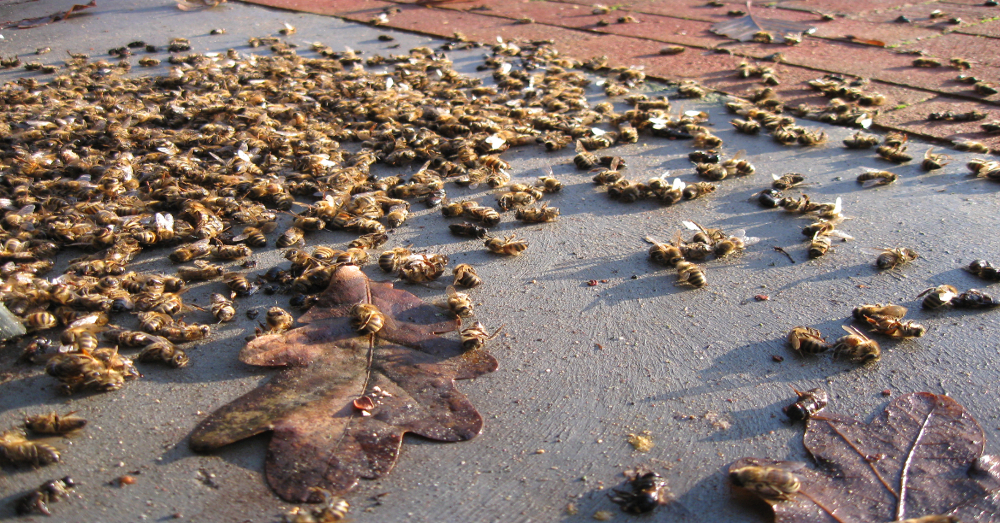
Trump’s Top Environmental Adviser Says Pesticides Aren’t Bad for You
In addition to not believing in climate change, Myron Ebell has several other lovely qualities.
November 16, 2016 | Source: Mother Jones | by Tom Philpott
To lead the transition of the Environmental Protection Agency, President-elect Donald Trump settled on notorious climate-change denier Myron Ebell. The decision rattled climate activists—see Julia Lurie's interview with Bill McKibbon and David Roberts on Vox. But it isn't just greenhouse gas emissions that are likely to get a free ride under an Ebell-influenced EPA. Farm chemicals, too, would likely flow unabated if Ebell's agenda comes to dominate Trump's Environmental Protection Agency.
Ebell directs the Center for Energy and Environment at the Competitive Enterprise Institute. The group runs a website, SafeChemicalPolicy.org, that exists to downplay the health and ecological impacts of chemicals.
If the incoming EPA takes its cues from Ebell's group, the agency's coming decisions on some widely used farm chemicals won't be hard to predict.
Take the class of pesticides called neonicotinoids. An ever-accumulating weight of evidence links declining honeybee health with neonicotinoids, which have exploded in use since the late 1990s. Yet CEI completely denies any harm to bees from the chemicals, and rejects any role for government action in protecting bees.
The EPA has been in the midst of a long, slow review of the chemicals, produced by pesticide giants Syngenta and Bayer. Last January, the agency released its assessment of the most prominent one, Bayer's imidacloprid, which is heavily used on cotton and soybean fields. The result: EPA scientists found the chemical so harmful to bee colonies, at the levels commonly found in cotton fields, that the agency "could potentially take action" to "restrict or limit the use" of the chemical by the end of this year, an agency spokesperson told me in an emailed statement. So far, the EPA has not taken such an action.
As for soybeans, a massive user of imidacloprid, the EPA found that it simply lacked the data from Bayer to assess it—even though the pesticide has been approved for use since the 1990s.
